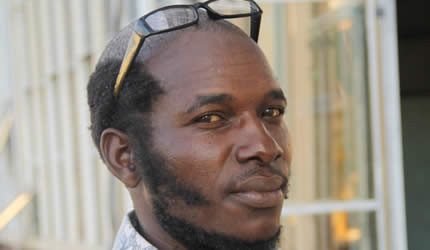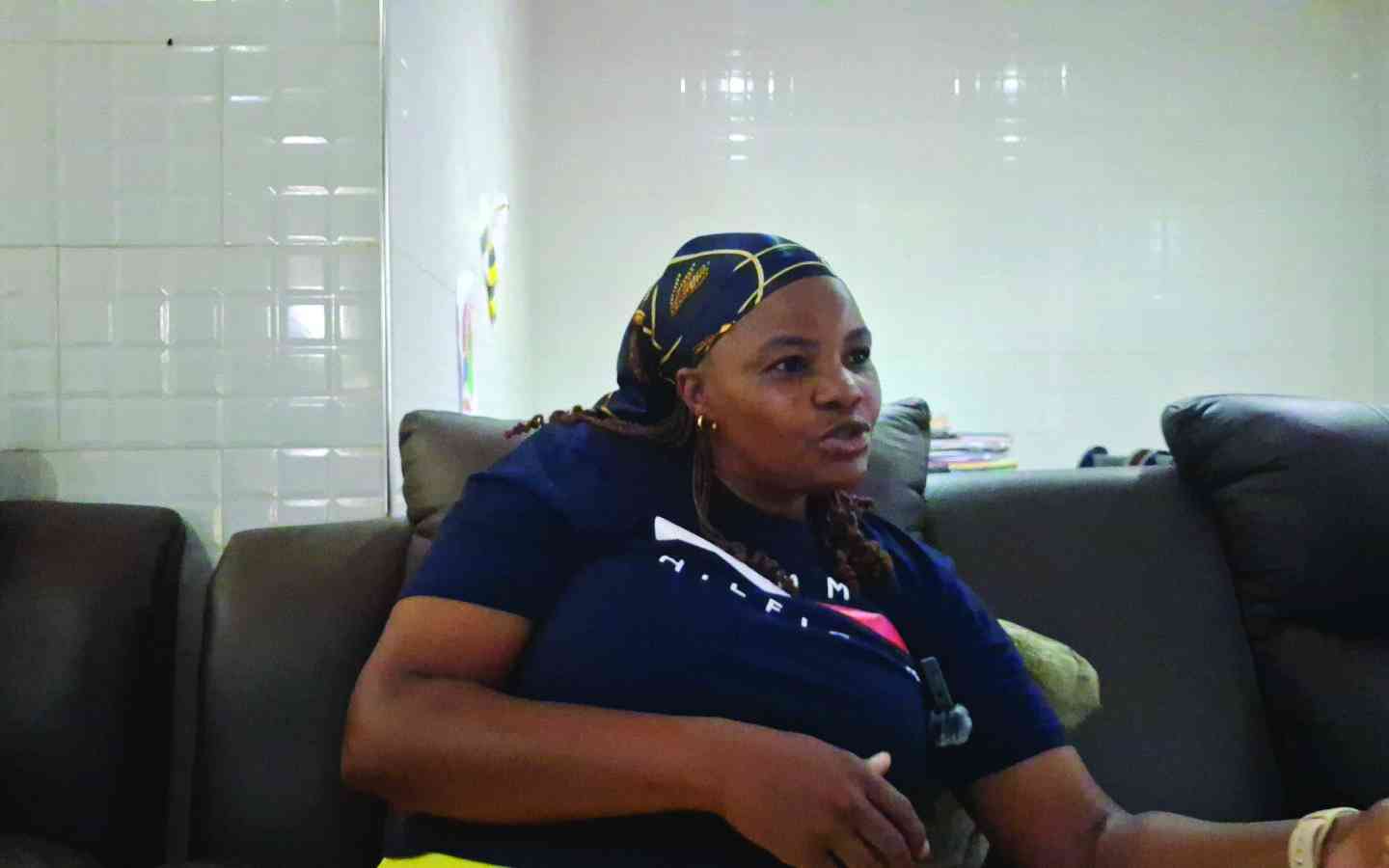
BY EVERSON MUSHAVA
The High Court has described a shadowy politician who tried to recall MDC Alliance deputy president Tendai Biti and five other opposition legislators as behaving like a hired gun.
Justice Joseph Mafusire’s ruling has added impetus into the arguments by the under siege MDC Alliance led by Nelson Chamisa that the mass recalls of its legislators and local government representatives are being spearheaded by a third force.
The MDC-T led by Douglas Mwonzora began purging legislators and councillors loyal to Chamisa after the Supreme Court ruled last year that the MDC Alliance’s 2018 presidential election candidate’s takeover from the party’s founding leader Morgan Tsvangirai was null and void.
Last week’s High Court ruling re-ignited debate on the recalls that left dozens of constituencies and wards without elected representatives in what has been described as a sustained attack on Zimbabwe’s nascent democracy.
In his judgement, Mafusire said only a party that sponsored an MP has the power to recall them from Parliament as he tore into Benjamin Rukanda, the politician who purported to be recalling Biti and five others.
“The application can only succeed,” the judge said.
“The power of recall from Parliament in s 129 (1) (k) of the constitution is reposed in the political party the Member of Parliament was a member of at the time of the election.
- Chamisa under fire over US$120K donation
- Mavhunga puts DeMbare into Chibuku quarterfinals
- Pension funds bet on Cabora Bassa oilfields
- Councils defy govt fire tender directive
Keep Reading
“The first (Rukanda) and second respondents were not members of the seventh applicant at the time of the 2018 general election, or at any time thereafter.
“They had no power to recall the applicants.”
Rukanda, who claimed to be secretary general of the People’s Democratic Party (PDP), had written to speaker of Parliament Jacob Mudenda saying Biti and others had stopped representing the organisation’s interests.
Mudenda used the letter to force the recalls.
Mafusire said the MDC Alliance and Rainbow Coalition, which Rukanda belonged to, were two distinct parties as acknowledged by Zimbabwe Electoral Commission (ZCC).
“The first respondent’s other argument that he could properly pen the so-called letter of recall purportedly on behalf of the PDP faction led by Biti and which had gone into a coalition under the MDC-Alliance, offends against reason,” the judgement says.
“Respondents first, second (Lucia Matibenga) and third (PDP) were quite happy to contest the 2018 general election, not only under an umbrella different from that which the seventh applicant had gone into, but actually in direct competition with it and its members.
“Respondents 1, 2 and 3 made their bed of roses. They must lie on it.
“They cannot seek to usurp other people’s beds.
“They should not behave like cuckoos. These are birds that do not build their own nests.
“They simply invade the nests of other birds and push out any eggs or nestlings in them so that they themselves can lay their own eggs in those nests. We are not birds.”
The judge added: “The simple point is that despite the continued use by the two factions of the name PDP, the situation on the ground was that the seventh applicant and the third respondent were totally two different political formations.
“Among other things, through the MDC-A and Rainbow Coalition, they were recognised and accepted as such by the sixth respondent, ZEC, for the purposes of the 2018 general elections.
“It was that election that ushered applicants 1 to 6 into Parliament and left respondents 1 and 2 out.”
Chamisa’s group has always argued that MDC-T has no legal right to recall MDC Alliance members since they contested the 2018 elections as a separate entity.










